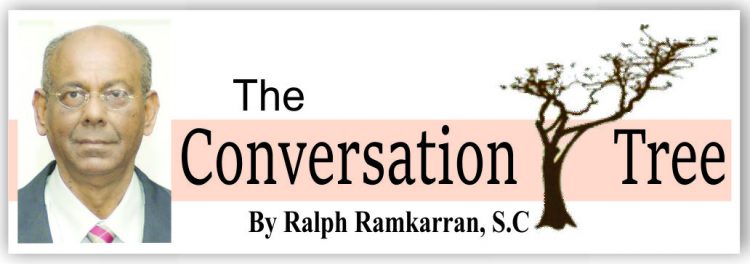 Article 147(2) of the Constitution provides that: “Except with his or her own consent no person shall he hindered in the enjoyment of his or her freedom to strike.” The next article, 147(3) provides that: “Neither an employer nor a trade union shall be deprived of the right to enter into collective agreements.” Guyana has gone further than any other Caribbean country in enshrining in its Constitution positive references to striking and collective bargaining. This attests to Guyana’s specific history and to the history of the Caribbean where most ruling and opposition political parties have their origins in trade unions.
Article 147(2) of the Constitution provides that: “Except with his or her own consent no person shall he hindered in the enjoyment of his or her freedom to strike.” The next article, 147(3) provides that: “Neither an employer nor a trade union shall be deprived of the right to enter into collective agreements.” Guyana has gone further than any other Caribbean country in enshrining in its Constitution positive references to striking and collective bargaining. This attests to Guyana’s specific history and to the history of the Caribbean where most ruling and opposition political parties have their origins in trade unions.
The relations between an employer and a worker are based on a contract, the terms of which are mutually agreed between the parties. In modern times, after centuries of struggle by workers, they have obtained the right to form trade unions, the right to have their trade unions recognized if the majority of workers support the particular trade union and protection of laws passed by the State because of the unequal bargaining power of workers. Minimum wages and working hours are specified by law for many categories of workers who are not perceived to have the bargaining power to negotiate and who might be susceptible to exploitation. The legal status of trade unions and their rights are protected by the Trade Unions Act.
